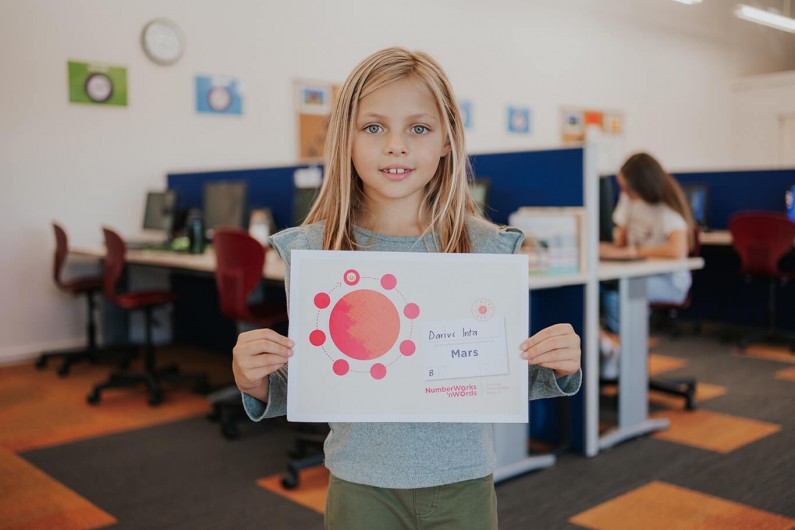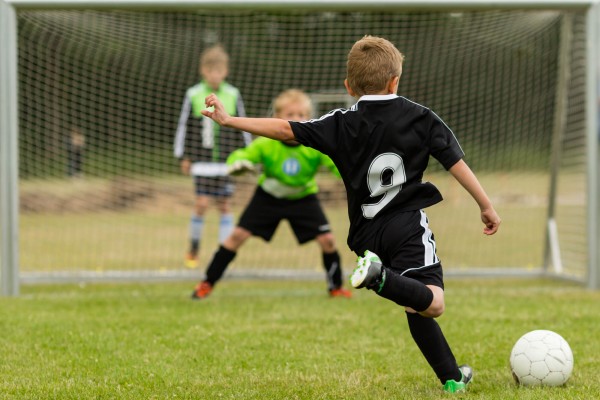How confidence helps young learners

Confidence breeds success. Those who have the confidence to believe they can succeed, will succeed. Confidence empowers young learners to step out of their comfort zone and take risks, become more resilient when handling setbacks, and embrace their full potential in and out of the classroom. As parents and educators, one of the greatest gifts we can give our children is instilling a strong sense of confidence in them, to have faith in their abilities and achieve their goals. This blog explores the importance of having confidence and how it helps young learners succeed.
1. Builds resilience
Having confidence doesn’t mean your child won’t fail, in fact, they may even fail over and over again. Missed deadlines and poor grades on assignments and tests can throw a student off kilter. Rather than being crippled by failure, confidence enables students to become resilient learners, who know how to handle setbacks, aren’t afraid to fail, and learn to bounce back and try again. It goes without saying that a confident learner is a resilient learner, and having resilience in the face of setbacks contributes to student success.

2. Take risks and challenges
Students who are confident believe in themselves and are willing to step out of their comfort zone to take on risks or challenges. As educators, we know that a key driver of student success is their ability to take risks and challenge themselves. By having the confidence to be comfortable in uncomfortable situations, young learners can deal and cope with challenges when they venture into new experiences and environments. Ultimately, as young learners take on challenges and overcome setbacks, they become more confident in their abilities to learn, grow, and test their limits.

3. Achieve goals
When children feel confident and secure, they have confidence in their abilities to succeed in school and achieve their goals. Achieving goals requires dedication and motivation, and without confidence, it can make a child feel like their goals and ambitions are impossible to achieve, or that they are unworthy of achieving those goals. Building and acquiring confidence will help your child maintain a high level of motivation and focus, to stay on track and achieve their goals.

4. Perform under pressure
Alongside school homework, tests, and exams comes due dates and deadlines, which can bring a sense of pressure. Academic success for young learners is dependent on how they perform not only in the classroom, but also in high-pressure situations. Confidence can help students perform well and cope when under pressure. When children have confidence in their abilities, knowledge, and skills, they are able to perform to their potential especially in make-or-break moments, such as school exams, a final sports match, or a dance or music recital.

Confident learners are successful learners. There is no substitute for confidence when it comes to children’s growth and learning. At NumberWorks’nWords, we help young learners build a greater sense of confidence to help them reach their full potential and achieve success. Our individualised maths and English tutoring programmes are tailored to meet your child’s learning needs. If you would like to learn more about our after-school tuition, get in touch with your local centre, and book a free assessment today!



